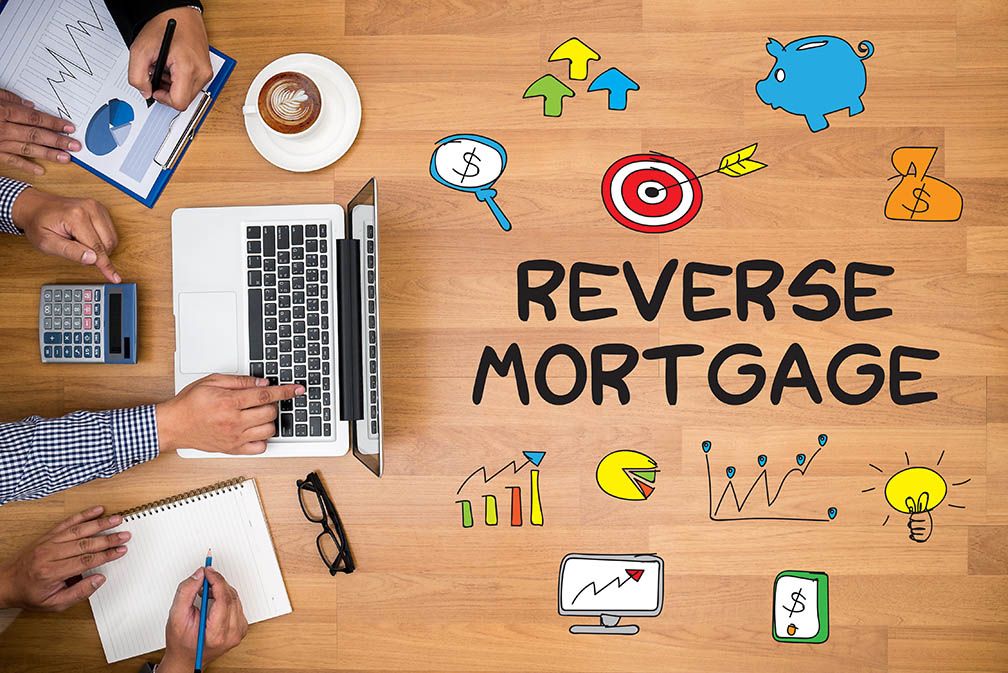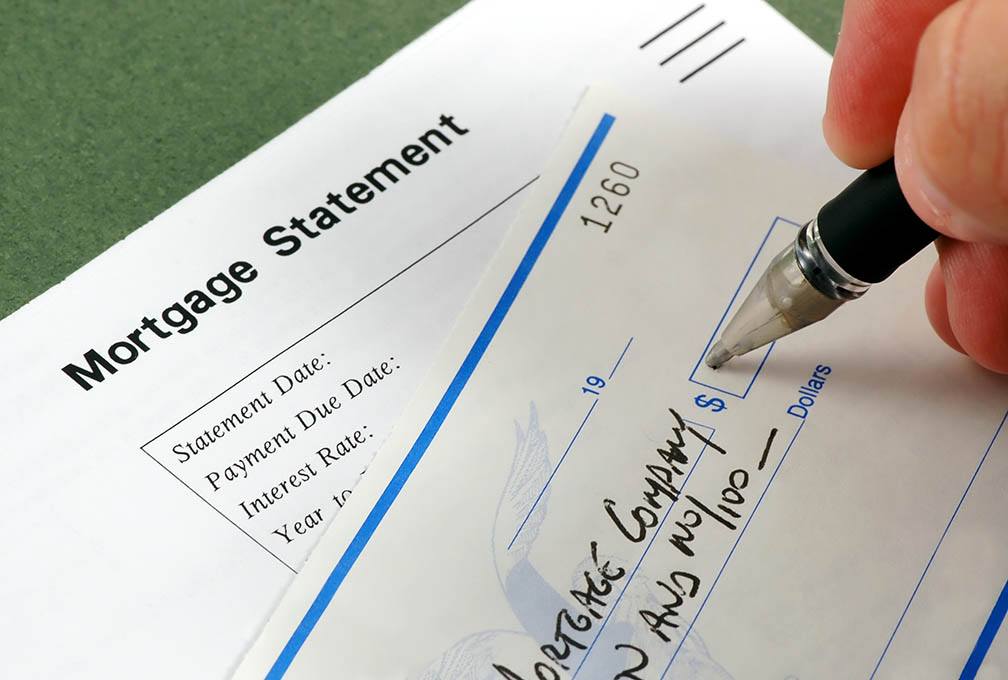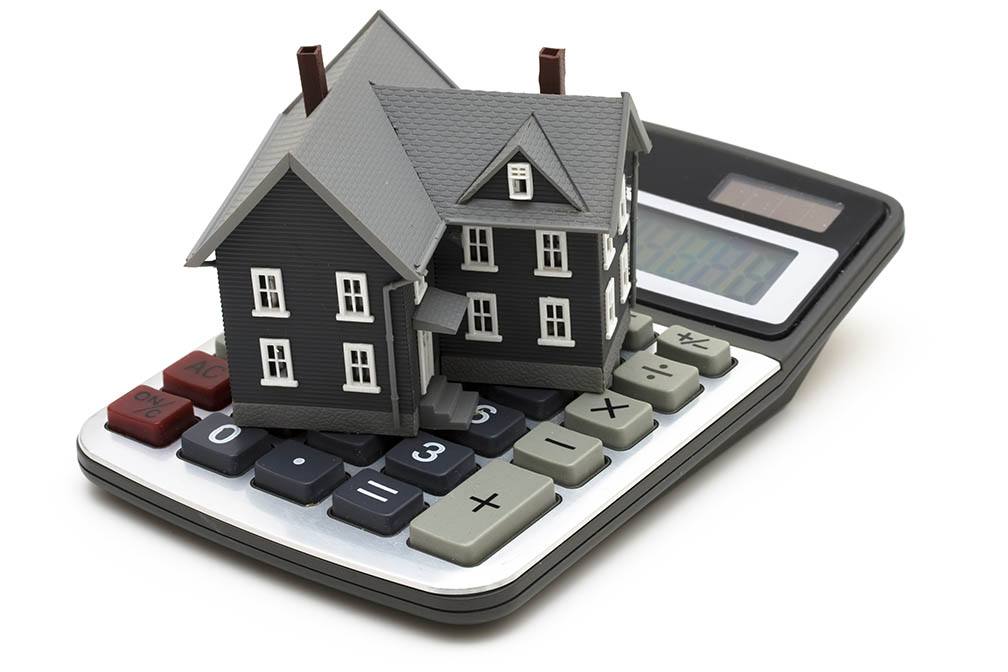4 Misconceptions About Reverse Mortgages — and Why You May Decide You Want One
 With so many mortgage products available on the market, it can be hard to know which ones will serve you best as a homeowner. As a result, there are many mistruths surrounding the reverse mortgage products. If you’ve heard of this homeownership option and are wondering what it can do for you, let’s clear away some of the misconceptions.
With so many mortgage products available on the market, it can be hard to know which ones will serve you best as a homeowner. As a result, there are many mistruths surrounding the reverse mortgage products. If you’ve heard of this homeownership option and are wondering what it can do for you, let’s clear away some of the misconceptions.
You Must Own Your Home
It can certainly be helpful to own your home outright if you’re looking into a reverse mortgage, but it’s not actually necessary. Instead, it’s important for you to have a high amount of equity in your home so that lenders can be sure that you’re a solid financial bet. While the balance you should have on your home varies based on a number of conditions, it’s important to talk to your lender for the specific details involved.
Few Conditions Apply
You may have heard that any homeowner who acquires a reverse mortgage must be 62 years of age or older, but because a reverse mortgage is a mortgage product, there are a number of requirements involved in order to apply. In addition to having enough equity in your home, it must be your primary residence and you will have to prove that you can pay the property taxes, insurance charges and any maintenance costs consistently.
Home Ownership Is Relinquished
Due to the nature of reverse mortgages, many people believe that this type of loan gives the bank ownership of your home. However, the homeowner retains ownership because they are borrowing money against the value of the equity in their home. This means that as long as the payments on the home are maintained, the home will continue to belong to the homeowner.
Expensive Loan Fees
While reverse mortgages can come with more expensive rates because the monthly payments are deferred, it’s important to talk to a mortgage lender about these details to determine what they’ll mean for you. The associated fees will depend on the price of your home, your loan type and your interest rate, so you’ll need to be aware of what the costs are to you before moving forward.
There is a lot of information out there regarding reverse mortgages, but it’s important to do the research so you can be aware of how this product can benefit you. If you’re currently considering this type of mortgage, contact your trusted mortgage professionals for more information.

 When it comes to real estate, there are always going to be upswings in the market that will have an impact on your mortgage payment and overall financial health. However, with a fluctuating market here to stay, you may be wondering how you can guard your biggest investment and your finances against rate increases. If you’re concerned about rates on the rise, here are a few tips to test out you’re fiscal well-being.
When it comes to real estate, there are always going to be upswings in the market that will have an impact on your mortgage payment and overall financial health. However, with a fluctuating market here to stay, you may be wondering how you can guard your biggest investment and your finances against rate increases. If you’re concerned about rates on the rise, here are a few tips to test out you’re fiscal well-being. The post-election period is often one of uncertainty, and the time since the 2016 election has been no different with regards to market force and the financial world. With a new administration taking office, there are many questions regarding how Donald Trump’s presidency will impact the market and your mortgage. If you’re wondering what the predictions are for the coming year, here are a few things the experts are considering.
The post-election period is often one of uncertainty, and the time since the 2016 election has been no different with regards to market force and the financial world. With a new administration taking office, there are many questions regarding how Donald Trump’s presidency will impact the market and your mortgage. If you’re wondering what the predictions are for the coming year, here are a few things the experts are considering.